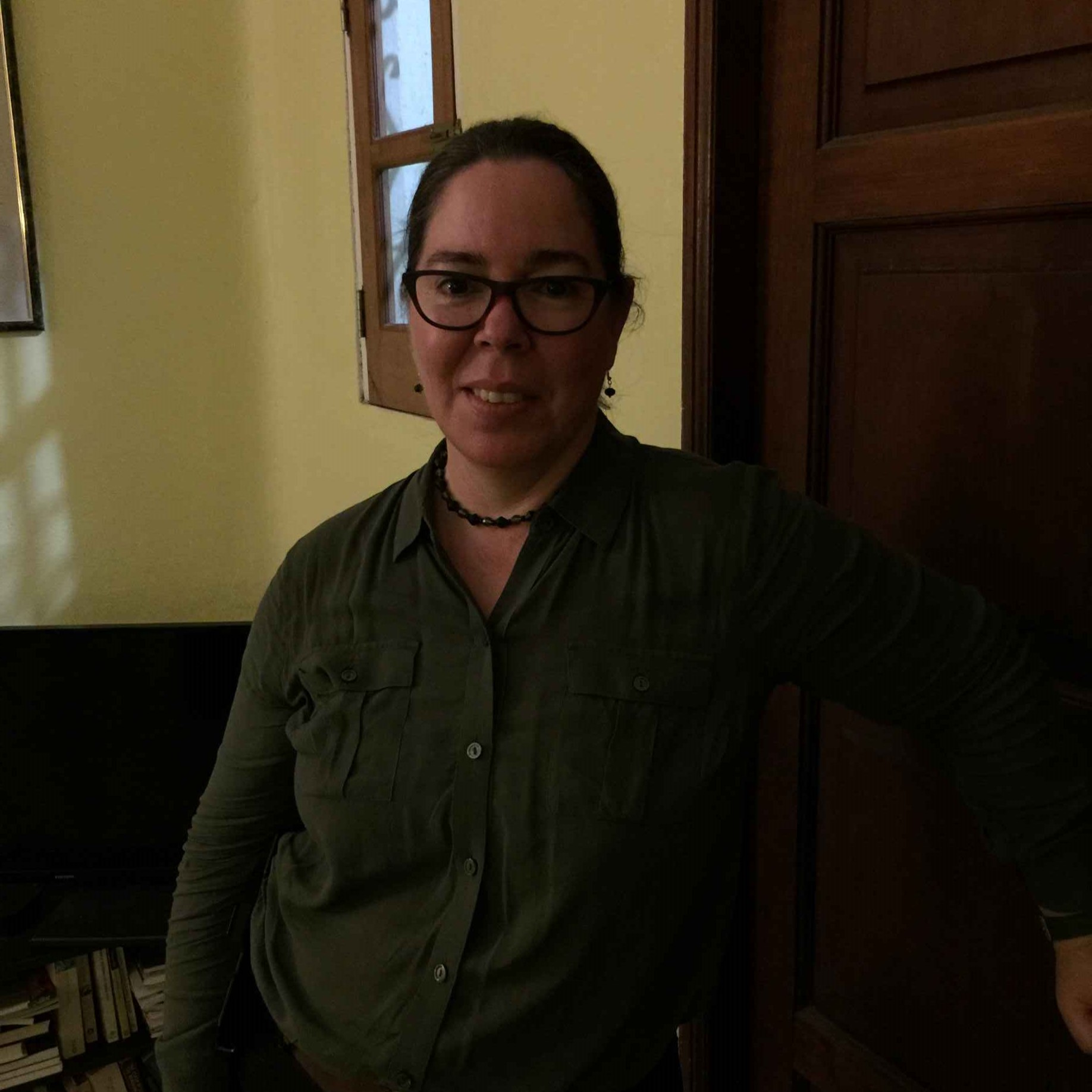
Affiliation:
Ana G. Méndez University, Cupey Campus, Puerto Rico
Short bio:
Dr. Mariveliz Cabán is Assistant Professor in the Department of Social Sciences, of the School of Social Sciences, Humanities and Communications at the Ana G. Méndez University, Cupey Campus (former Metropolitan University), where she has served since the beginningof 2012, initially as Associate Dean of Social Sciences and until recently as Dean of the School. She served as Associate Director and adjunct professor in the Department of Psychology of the Faculty of Social Sciences of the University of Puerto Rico, Río Piedras Campus, where she also obtained a Doctorate in Philosophy with a specialty in Psychology. She is a member of the Puerto Rico Psychological Association, where she coordinates the Mental Health Response Network for Emergencies and Disasters (RRSMED), and where she is part of the International Relations Committee. She is a member of the Disaster Mental Health Standing Committee of the Caribbean Alliance of National Psychological Associations (CANPA), where she represents the Puerto Rico Psychological Association. She was an alternate representative of ULAPSI for the Puerto Rico Psychological Association and served as a member of the Board of Directors of the Puerto Rico Psychological Association. She is a member of the American Psychological Association. She is a volunteer with the American Red Cross, Puerto Rico Chapter, where she had the opportunity to serve in the response efforts for the passage of Hurricanes Irma and Maria through Puerto Rico. She served in the response to the January 2020 earthquake in southwestern Puerto Rico and in efforts in the APPR Volunteer Network (RRSMED) response to emotional support in the face of COVID-19. She also served in the Red Cross humanitarian response to the victims of the mass shooting in El Paso, Texas Also in 2019 and in the response to the victims of the mass shooting in Uvalde, Texas (2022).
Title:
The need to prepare: A volunteer reflections on preparedness, response, and disaster psychology.
Abstract:
This presentation deals with the uncertainty and the ever-changing situations we are facing. Specifically, how do we become prepared for further threatening situations in a more complex world with global interconnectedness? Psychologists core ethical mandate is to help and contribute to the wellbeing of our clients, wherever our work is done. Traditionally, a psychologist’s role in these matters has been related to helping victims to cope with trauma. Although this continues to be a major contribution, there are so many fertile grounds to what we can contribute as psychologists and experts in behavior. The escalating social unrest, violent events, political turmoil, and ever-present disaster situations affect us at different levels: personal/family/work/social/societal. Moreover, we might differ in our capability to adequately manage crisis and our ability to respond. This raises many important questions for us as psychologists. How do we foment awareness towards the interconnectedness of our world and the fragility of our environment? How do we nurture a growing generation with a resilient mind set? How do we foment in children, youth and young adults a sense of responsibility, care and agency toward their lives and communities? How do we foster a culture of preparedness? This presentation addresses these issues as a starting point to reflect upon our need to study, develop, and implement effective strategies to prepare for and to cope with emergency and crisis situations in diverse settings, both in foreseeable events and scenarios as well as the unforeseeable ones. Even more, it stresses the need for a more proactive and preventative approach to emergency preparedness, mitigation and management. The need to prepare is, nowadays, a fundamental need.
